Newlyweds spend their wedding day feeding 4,000 Syrian refugees on Turkish border
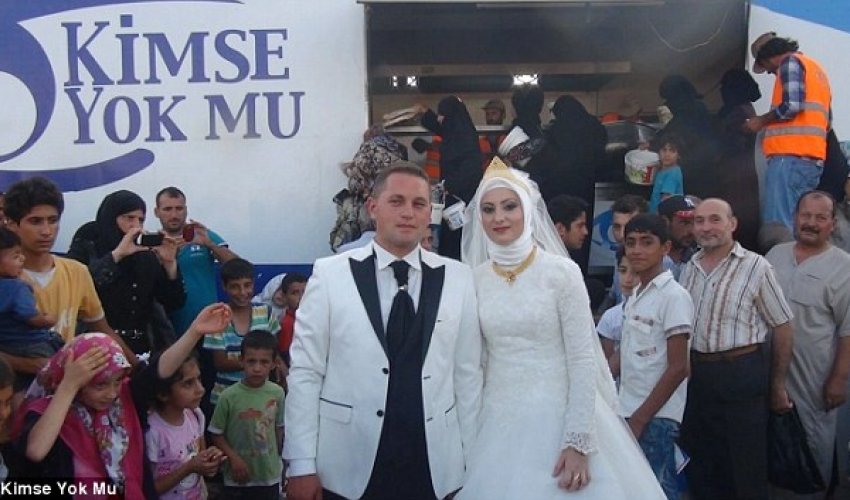
A Turkish couple have spent their wedding day feeding up for 4,000 homeless Syrian refugees after inviting them to join the celebrations on their happy day.
Newlyweds Fethullah Uzumcuoglu and Esra Polat welcomed thousands of displaced families to their service in the southern Turkish city of Kilis last week, enlisting the help of a local charity.
The idea for the huge wedding feast was that of the groom's father Ali Uzumcuoglu, who said he wanted to share the couple's special day with 'our Syrian brothers and sisters'.
Kimse Yok Mu - a Turkish charity that helps refugees around the world - offered a catering truck for the event, with the couple happily stepping behind the counter while still dressed in their traditional wedding clothing in order to serve meals to the Syrian refugees.
While initially reluctant appear hearing the plan, the bride soon changed her mind about inviting 4,000 Syrian refugees to her wedding, describing the experience as wonderful.
'I was shocked when Fethullah first told me about the idea but afterwards I was won over by it. It was such a wonderful experience. I'm happy that we had the opportunity to share our wedding meal with the people who are in real need,' she told i100.co.uk.
Speaking of his initial plan to invite the 4,000 guests the groom's father Ali Uzumcuoglu said he simply thought that such a happy day should be shared with those less fortunate.
'I thought that sharing a big delicious dinner with our family and friends was unnecessary, knowing that there are so many people in need living next door,' he said.
'So I came up with this idea and shared it with my son. I'm very happy that he accepted it and they started their new happy journey with such a selfless action,' he added.
Since the Syrian Civil War broke out four years ago, more than four million people have fled the country - with many of them now living in refugee camps over the border in Nato member Turkey. A further eight million people displaced people are living in camps or temporary shelters within Syria.
The news comes as analsysts claimed that the end to a ceasefire with Kurdish rebels and political uncertainty after inconclusive June elections are compounding already mounting problems for Turkey's stuttering economy.
The resumption of regular attacks by Kurdistan Workers' Party (PKK) rebels in the southeast of the country as Turkish jets bomb their positions in northern Iraq has brought back memories of the 1990s when the country was often in economic, political and security chaos.
The deterioration of the security situation is already impacting Turkey's tourism sector, which has boomed in recent years to become one of the sources of the improved economic prosperity under the rule of President Recep Tayyip Erdogan.
Even more disturbing for investors is the spectre of political uncertainty, with the country still without a government after inconclusive June 7 polls and snap elections still a possible scenario.
'The resumption of violence with the PKK and the chance of a new election - which may not unblock the political situation - will without doubt have an impact on state expenditure and interest rates which will have to go up,' and Inan Demir, chief economist at Finansbank in Istanbul.
The looming risk of early elections 'weighs on the investment climate', he added.
Erdogan, prime minister from 2003-2014 and president from 2014, owes his popularity to bringing a new economic prosperity to millions of ordinary Turks, many of them religiously-conservative small business owners, who form the core of his support.
Many Turks credit Erdogan and the ruling Justice and Development Party (AKP) for rescuing the country from the mire of its 2000-2001 financial crisis.
Erdogan repeatedly boasts of presiding over an economic miracle and is now proclaiming a target for Turkey to become one of the world's top 10 economies by 2023, the 100th anniversary of the foundation of the modern state.
But growth slowed to 2.4 per cent last year while the Turkish lira suffered massive depreciation and the Istanbul stock market has lost 20 per cent in value since the start of the year.
And the government's growth objective of 4 per cent for 2015 is going to be difficult to reach, according to Demir.
(dailymail.co.uk)





www.ann.az
Similar news
Similar news
























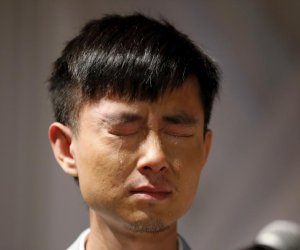
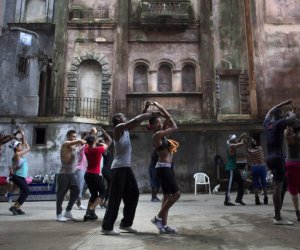
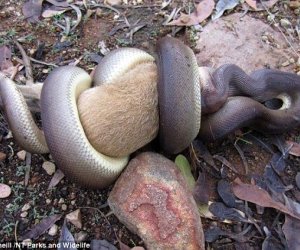


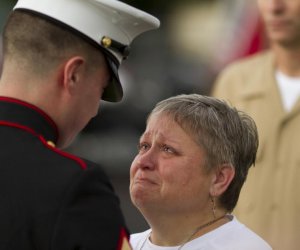
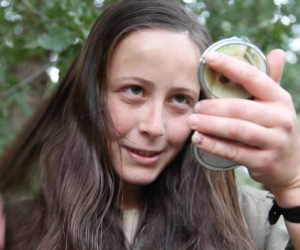
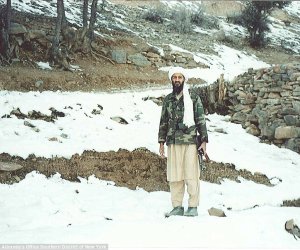
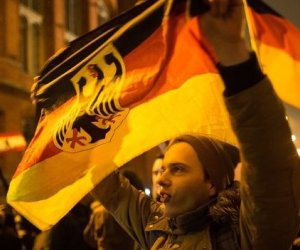



 Photo
Photo 



 Video
Video 

